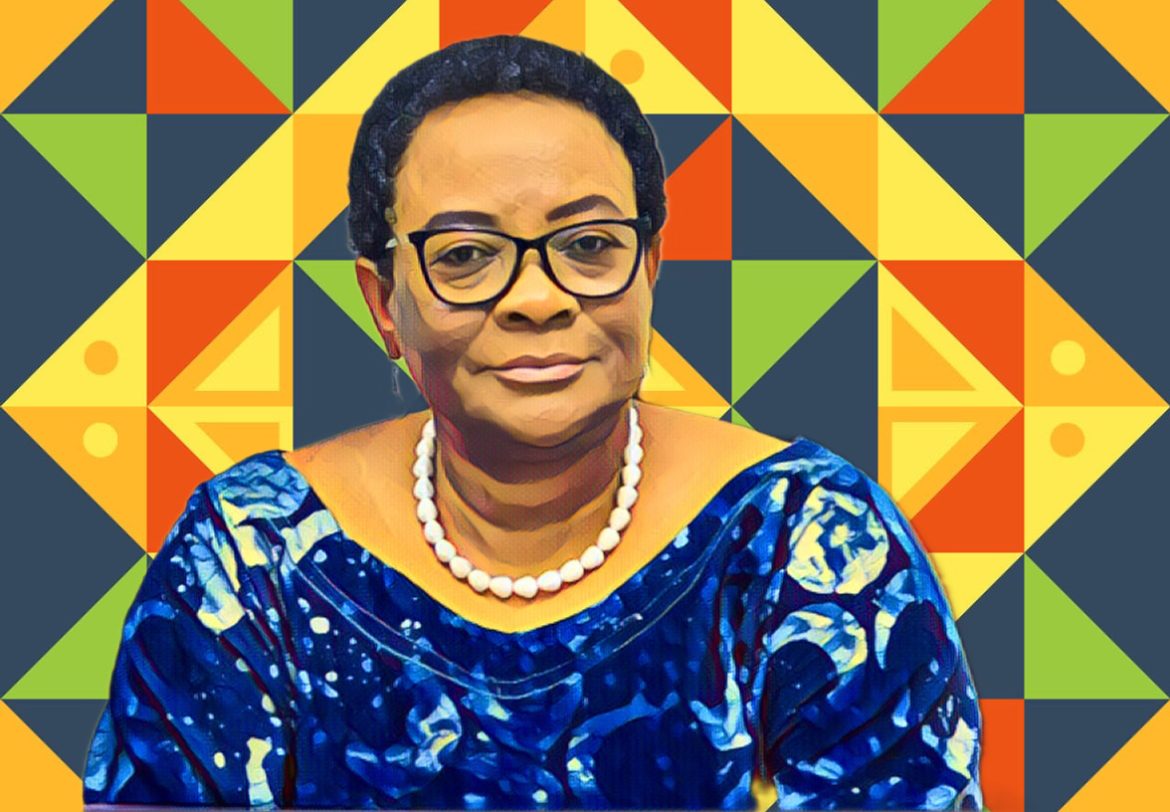The fight against corruption in Ghana faces a long road ahead, with the Ghana Integrity Initiative (GII) warning that corrupt practices are deeply entrenched within the fabric of society. Mary Awelana Addah, the Executive Director of GII, shared her insights during an interview on Joy FM’s Super Morning Show, painting a grim picture of the current state and future of corruption in Ghana.
“Corruption is morphing into an ever-more complex beast, continually finding new guises and avenues through which to infiltrate our society,” Addah remarked. Her observations come at a time when Ghana, like many countries worldwide, is grappling with the pervasive challenge of corruption, which undermines good governance, economic growth, and public trust. Addah’s concerns were particularly highlighted during a recent visit to Tamale, where she engaged with the youth. The discussions revealed a growing frustration and disillusionment with the political process, especially regarding the conduct of elections and the apparent nexus between criminal activities and political funding. “The voice of the youth in Tamale was clear; we cannot afford to remain silent or passive as the fabric of our country is threatened by the flames of corruption,” Addah emphasized.
The GII Executive Director pointed out the problematic cycle of corruption that seems to draw individuals with questionable backgrounds into the political arena. According to Addah, the entanglement of politics with illicit financial flows, particularly evident in the monetization of elections, poses a significant challenge. “Politicians, once elected, find themselves in a bind, caught between the promises of governance and the debts owed to those who propelled them into power through unsavory means,” she explained.
Addah cited a survey by the Center for Democratic Development (CDD) that illuminated the troubling reality of illegal mining (galamsey) operators financing political campaigns. This dynamic creates an environment where newly elected officials may feel compelled to facilitate the legitimization of their benefactors’ operations, further entrenching corruption within the system.
The GII’s observations underscore the complex and multifaceted nature of corruption in Ghana, highlighting the need for a concerted and multifaceted approach to combat it. The organization calls for increased vigilance, accountability, and transparency, particularly in the political domain, to stem the tide of corruption. As Ghana continues to navigate these challenges, the role of civil society organizations like the GII, along with active citizen engagement, becomes ever more critical in safeguarding the integrity of public life and ensuring that governance serves the public good above all.





2 comments
Your article helped me a lot, is there any more related content? Thanks!
I don’t think the title of your article matches the content lol. Just kidding, mainly because I had some doubts after reading the article.